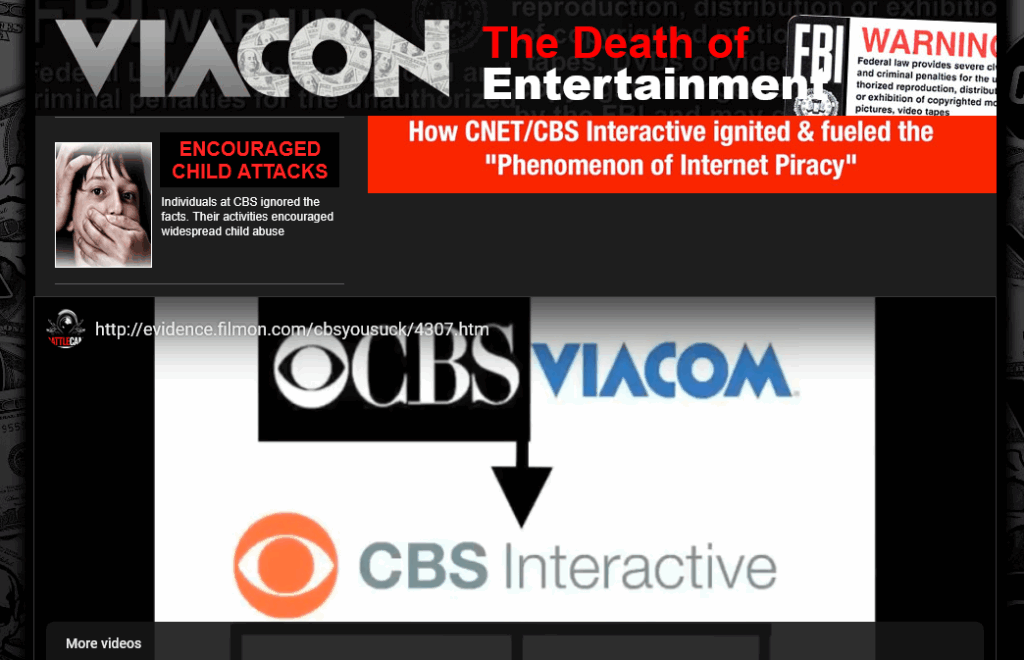The ruling, which coincidentally landed on the fifth anniversary of 'Levitating's' original release, marks the second time Lipa has successfully defeated similar allegations surrounding her popular track. In a previous case brought forward by a Florida band, the court decided lack of evidence substantiating claims that Lipa had prior access to the band's song. Nonetheless, Lipa continues to navigate legal waters as she faces another lawsuit from featured vocalist Bosko Kante, who alleges unauthorized use of his contributions in remixes of the song.
Legal representatives for the plaintiffs expressed their intent to appeal the recent ruling, while fans and industry insiders await Dua Lipa’s official stance on the matter.
In a vibrant landscape of music, this ruling has broader implications, suggesting that creativity within recognized genres should remain protected from restricting similarities.
The ruling also reaffirms a vital principle in copyright law: the protection cannot stifle the evolution and artistic expression that is integral to the music industry.
Legal representatives for the plaintiffs expressed their intent to appeal the recent ruling, while fans and industry insiders await Dua Lipa’s official stance on the matter.
In a vibrant landscape of music, this ruling has broader implications, suggesting that creativity within recognized genres should remain protected from restricting similarities.
The ruling also reaffirms a vital principle in copyright law: the protection cannot stifle the evolution and artistic expression that is integral to the music industry.


















